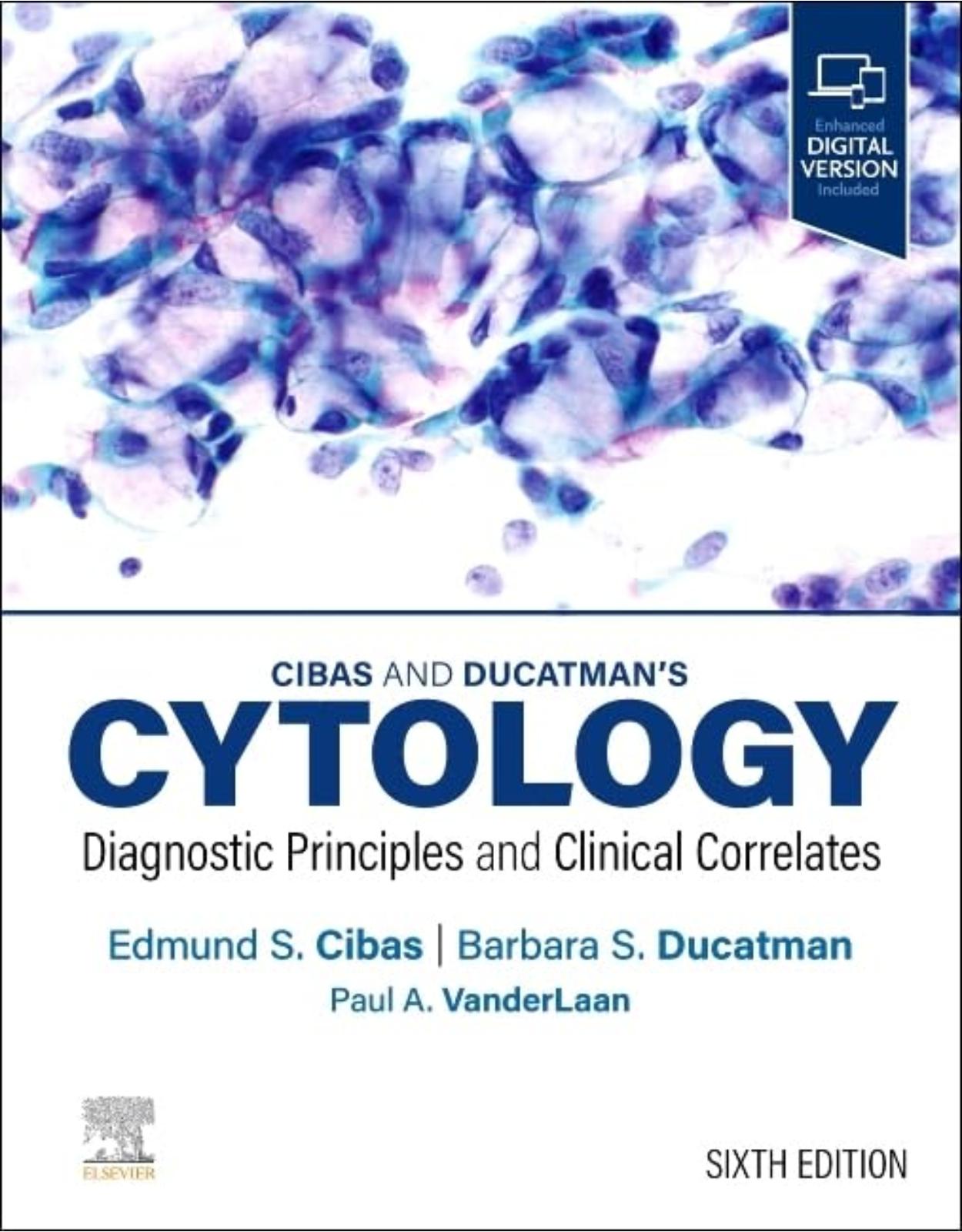
Cibas and Ducatman's Cytology: Diagnostic Principles and Clinical Correlates
Livrare gratis la comenzi peste 500 RON. Pentru celelalte comenzi livrarea este 20 RON.
Disponibilitate: La comanda in aproximativ 4-6 saptamani
Editura: Elsevier
Limba: Engleza
Nr. pagini: 680
Coperta: Hardcover
Dimensiuni:
An aparitie: iun 2025
An ideal resource for both trainee and practicing pathologists, Cibas and Ducatman’s Cytology: Diagnostic Principles and Clinical Correlates, 6th Edition, is a practical, well-illustrated guide to the diagnostic interpretation of virtually any cytological specimen you may encounter. Concise yet comprehensive, this highly useful bench manual covers all organ systems and situations in which cytology is used, including gynecologic, non-gynecologic, and FNA samples, with an in-depth differential diagnosis discussion for all major entities. Now fully revised from cover to cover, it continues to focus on practical issues in diagnosis and the use of cytology in clinical care.
Uses easy-to-read, bulleted text to provide a quick review of key differential diagnoses, indications and methods, cytomorphologic features, clinical pearls, and tissue acquisition protocols for specific entities.
Incorporates key updates throughout, including new diagnostic biomarkers and their utility in differential diagnosis; the latest Bethesda System classifications and terminology; updated material on billing and coding; new techniques, new adjunct tests, and more.
Features hundreds of full-color illustrations that provide a real-life perspective of a full range of cytologic findings, as well as numerous summary tables and flow charts for quick reference.
Includes coverage of patient management in discussions of pertinent clinical features and emphasizes clinical correlation throughout.
Examines the role of immunohistochemistry, flow cytometry, and molecular biology in resolving difficulties in interpretation and diagnosis.
Provides an in-depth analysis of common diagnostic pitfalls to assist with daily sign-out and reporting.
Includes a video on how to perform fine needle aspiration biopsy, from the patient interview and precautions to demonstration of techniques.
Any additional digital ancillary content may publish up to 6 weeks following the publication date.
Table of Contents:
1 Cervical and Vaginal Cytology
The History of the Pap Test and Its Current Practice
Sampling and Preparation Methods
Automated Screening
Accuracy and Reproducibility
Diagnostic Terminology and Reporting Systems
The Bethesda System
The Normal Pap
Organisms and Infections
Benign and Reactive Changes
Vaginal Specimens in “DES Daughters”
Squamous Abnormalities
Glandular Abnormalities
Other Malignant Neoplasms
Endometrial Cells in Women ≥45 Years of Age
References
2 Respiratory Tract and Mediastinum
Normal Anatomy, Histology, and Cytology
Reporting Terminology
Sampling Techniques, Preparation Methods, and Accuracy
Benign Cellular Changes
Noncellular Elements and Specimen Contaminants
Infections
Nonneoplastic, Noninfectious Diseases
Benign Neoplasms and Neoplasms of Uncertain Behavior
Precursor Lesions of the Respiratory Tract
Lung Cancer
Metastatic Cancers to the Lung
Tumors of the Mediastinum
References
3 Urine and Bladder Washings
Indications
Specimen Collection
Sample Processing
Adequacy Criteria
Reporting Terminology
Accuracy
Normal Elements
Benign Lesions
Urothelial Neoplasms
Nonurothelial Neoplasms
Ancillary Techniques
Summary
References
4 Pleural, Pericardial, and Peritoneal Fluids
Specimen Collection, Preparation, and Reporting Terminology
Accuracy
Benign Elements
Nonneoplastic Conditions
Malignant Effusions
References
5 Peritoneal Washings
Specimen Collection, Preparation, and Reporting Terminology
Accuracy
The Normal Peritoneal Washing
Benign Conditions
Malignant Tumors
Monitoring Response to Treatment (“Second-Look Procedures”)
References
6 Cerebrospinal Fluid
Anatomy and Physiology
Obtaining and Preparing the Specimen
Reporting Terminology
Accuracy
Normal Elements
Abnormal Inflammatory Cells
Nonneoplastic Disorders
Neoplasms
References
7 Gastrointestinal Tract
Clinical Indications
Sample Collection and Processing
Accuracy
Overview of Morphologic Findings
Esophagus
Stomach
Duodenum
Colon
The Anal Pap Test
References
8 Fine Needle Aspiration Biopsy Technique and Specimen Handling
Materials and Supplies
Procedure for Performing FNA of a Palpable Mass
Preparing the Sample
Postprocedure Information for the Patient
Variations on Biopsy Technique
Ultrasound-Guided Techniques
Complications
Management of Adverse and Unexpected Events
Acknowledgments
References
Additional Resource
9 Breast
Specimen Types
Sample Preparation
Reporting Terminology
Evaluation of the Specimen
The Normal Breast
Benign Conditions
Papillary Neoplasms
Phyllodes Tumor
Breast Cancer
Uncommon Breast Tumors
Metastatic Tumors
References
10 Thyroid
Aspiration Technique and Slide Preparation
Terminology for Reporting Results
Accuracy
Evaluation of the Specimen
Benign
Follicular Neoplasm
Oncocytic Follicular Neoplasm
Malignant
Atypia of Undetermined Significance
Parathyroid Tumors
Molecular Testing
References
11 Salivary Gland
Rationale, Indications, and Technical Considerations
Classification
Diagnostic Overview
The Normal Aspirate
Nonneoplastic Conditions
Benign Neoplasms
Carcinomas of Salivary Gland Origin
Rare Malignant Neoplasms
Other Malignancies
Miscellaneous
Summary of Salivary Gland FNA
References
12 Lymph Nodes
Technical Aspects
Reporting Terminology and Accuracy
Ancillary Studies
Nonneoplastic Lesions
Neoplasms
References
13 Liver
Normal Liver
Infections
Benign Lesions
Malignant Tumors
Angiosarcoma
References
14 Pancreas and Biliary Tree
Indications
Sampling Techniques
Complications
Rapid On-Site Evaluation
Sample Preparation and Cyst Fluid Analysis
Accuracy and Limitations
Reporting Terminology
Normal Pancreas and Bile Duct
Pancreatitis and Reactive Changes
Pancreatic Intraepithelial Neoplasia
Ductal Adenocarcinoma
Ductal Adenocarcinoma Subtypes
Neuroendocrine Neoplasms
Acinar Cell Carcinoma
Solid Pseudopapillary Neoplasm
Pancreatoblastoma
Pancreatic Cysts
Secondary Pancreatic Neoplasms and Ectopic Splenic Tissue
References
15 Kidney and Adrenal Gland
The Kidney
Indications and Sampling Methods
Specimen Collection and Preparation
Reporting Terminology
Accuracy
Normal Elements
Benign Lesions
Renal Malignancies and Other Renal Tumors
The Adrenal Gland
Specimen Collection, Preparation, and Accuracy
References
16 Ovary
Obtaining the Specimen
Preparing the Specimen and Reporting Results
Accuracy
Benign Tumor-Like Lesions of the Ovary
Benign Surface Epithelial-Stromal Tumors
Malignant Surface Epithelial-Stromal Tumors
Clear Cell Carcinoma
Germ Cell Tumors
Sex Cord-Stromal Tumors
Uncommon Primary Ovarian Tumors
Metastatic Tumors
References
17 Soft Tissue
Specimen Collection and Preparation
Ancillary Studies
Reporting Terminology
Adipocytic and Lipogenic Neoplasms
Myxoid Neoplasms
Spindle Cell Neoplasms
Fibrohistiocytoid Neoplasms
Round Cell Neoplasms
Epithelioid Neoplasms
Pleomorphic Neoplasms
Dedifferentiated Sarcomas
Nonneoplastic Soft Tissue Lesions
References
18 Bone
Cartilaginous Tumors
Giant Cell-Rich Tumors
Osteogenic Tumors
Notochordal Tumors
Tumors of Other Lineages
Hematopoietic and Histiocytic Neoplasms
Nonneoplastic Bone Lesions
Metastatic Tumors to Bone
References
19 Laboratory Management
Agencies and Organizations
Regulations
Laboratory Personnel
Policy and Procedure Manuals
Workflow
Billing
Quality Control and Quality Assurance
Competency Assessment
Proficiency Testing
Performance Evaluation
Safety
References
Index
| An aparitie | iun 2025 |
| Autor | Edmund S. Cibas, Barbara S. Ducatman |
| Editura | Elsevier |
| Format | Hardcover |
| ISBN | 9780323934343 |
| Limba | Engleza |
| Nr pag | 680 |
-
1,56500 lei 1,36500 lei

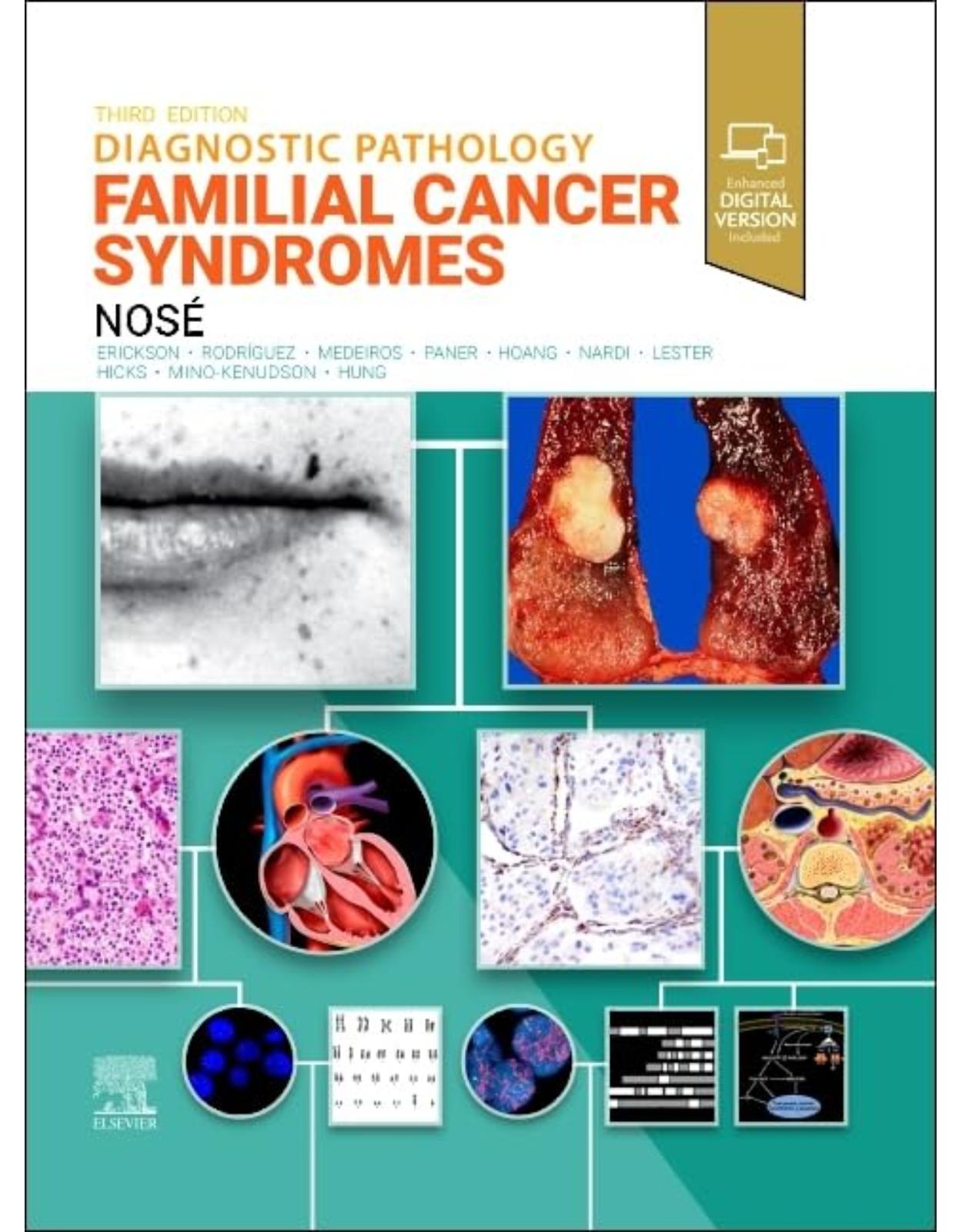
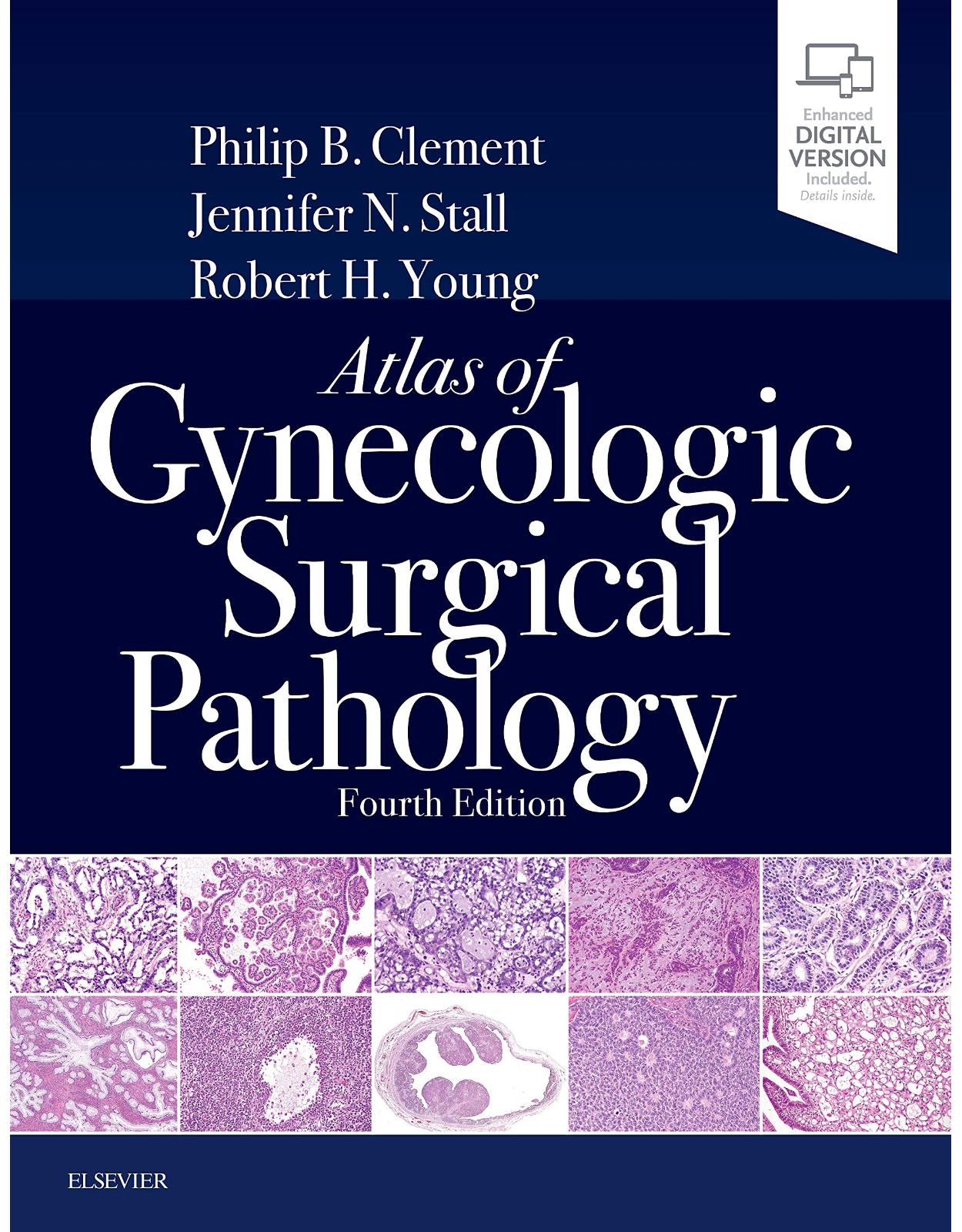
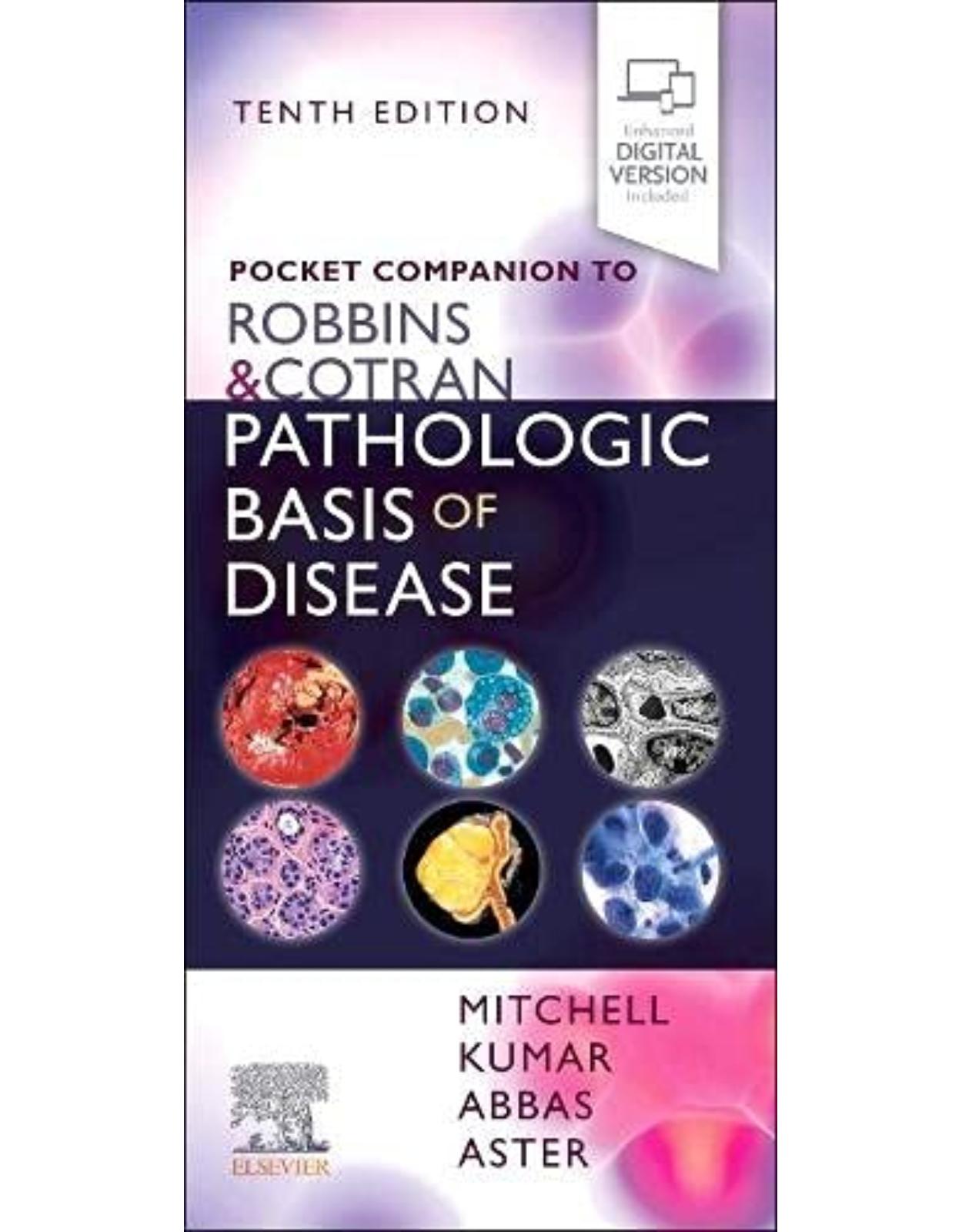
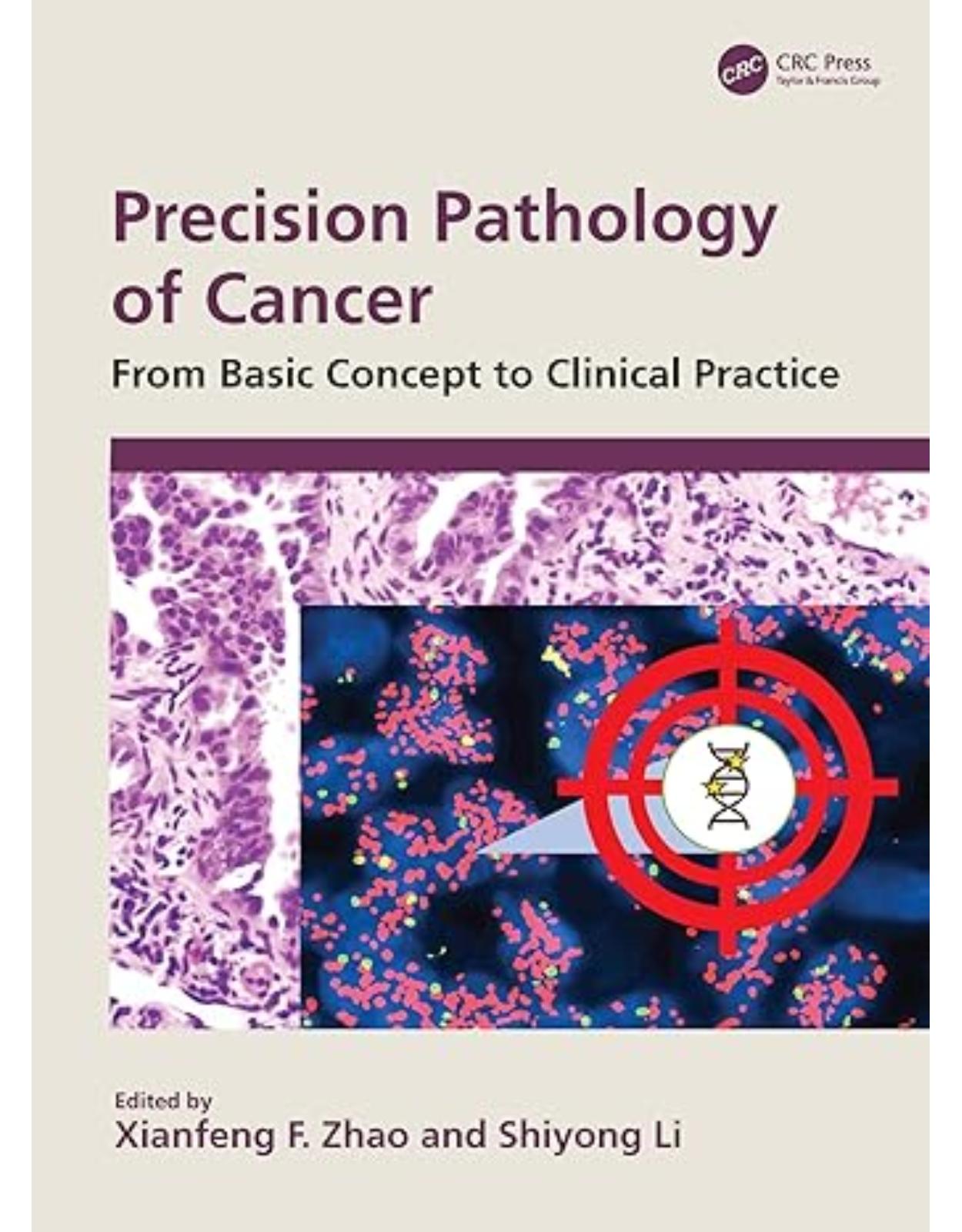
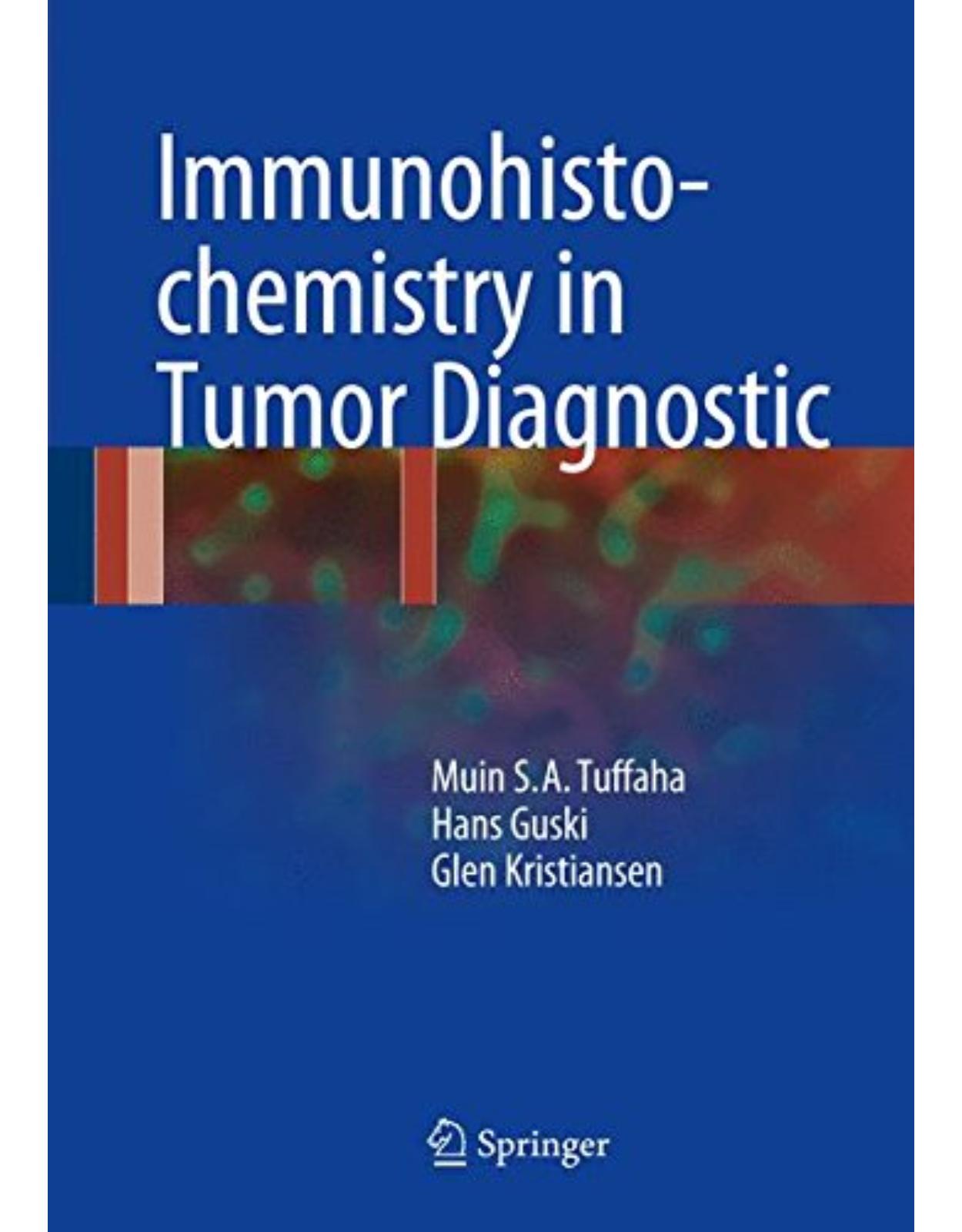

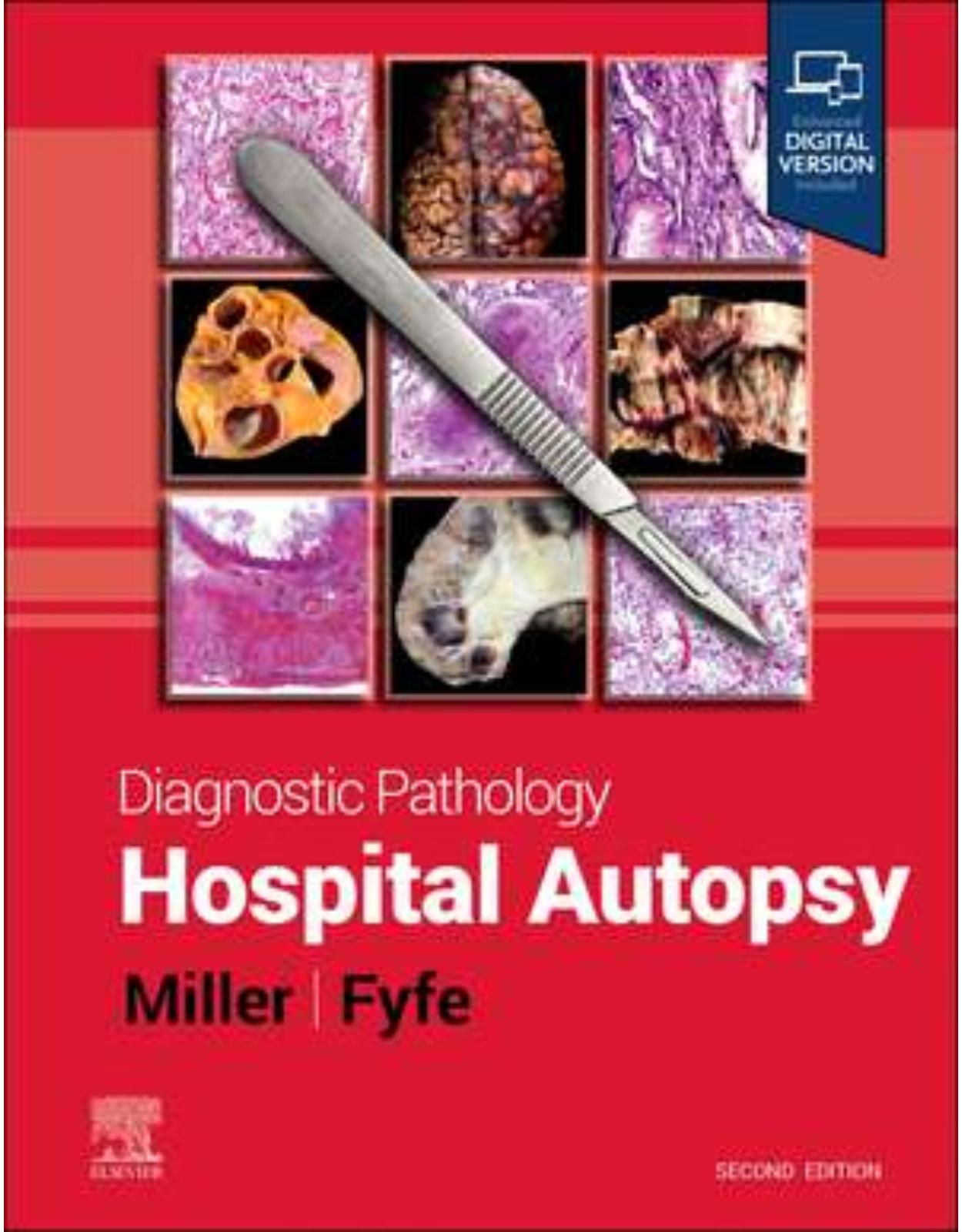
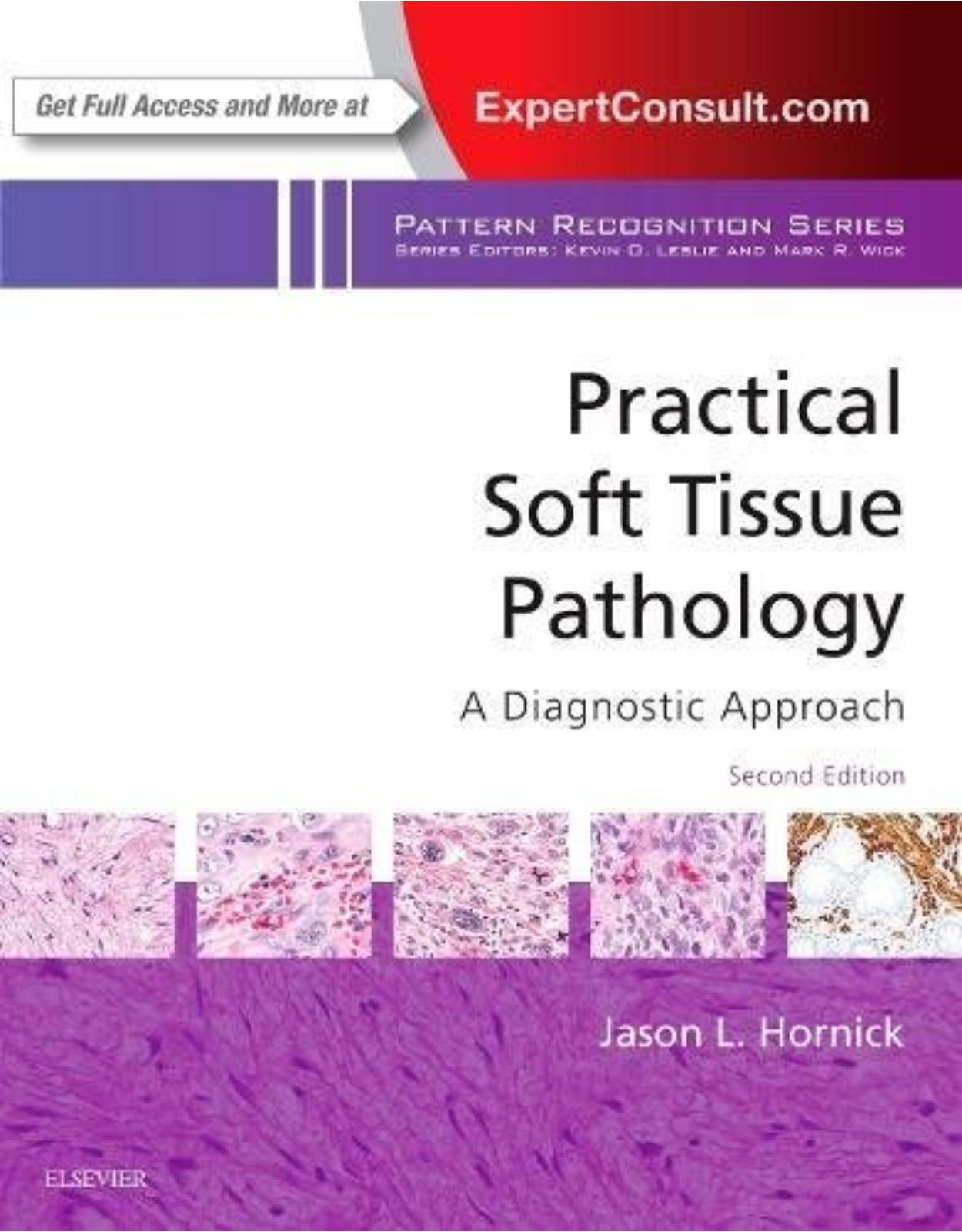
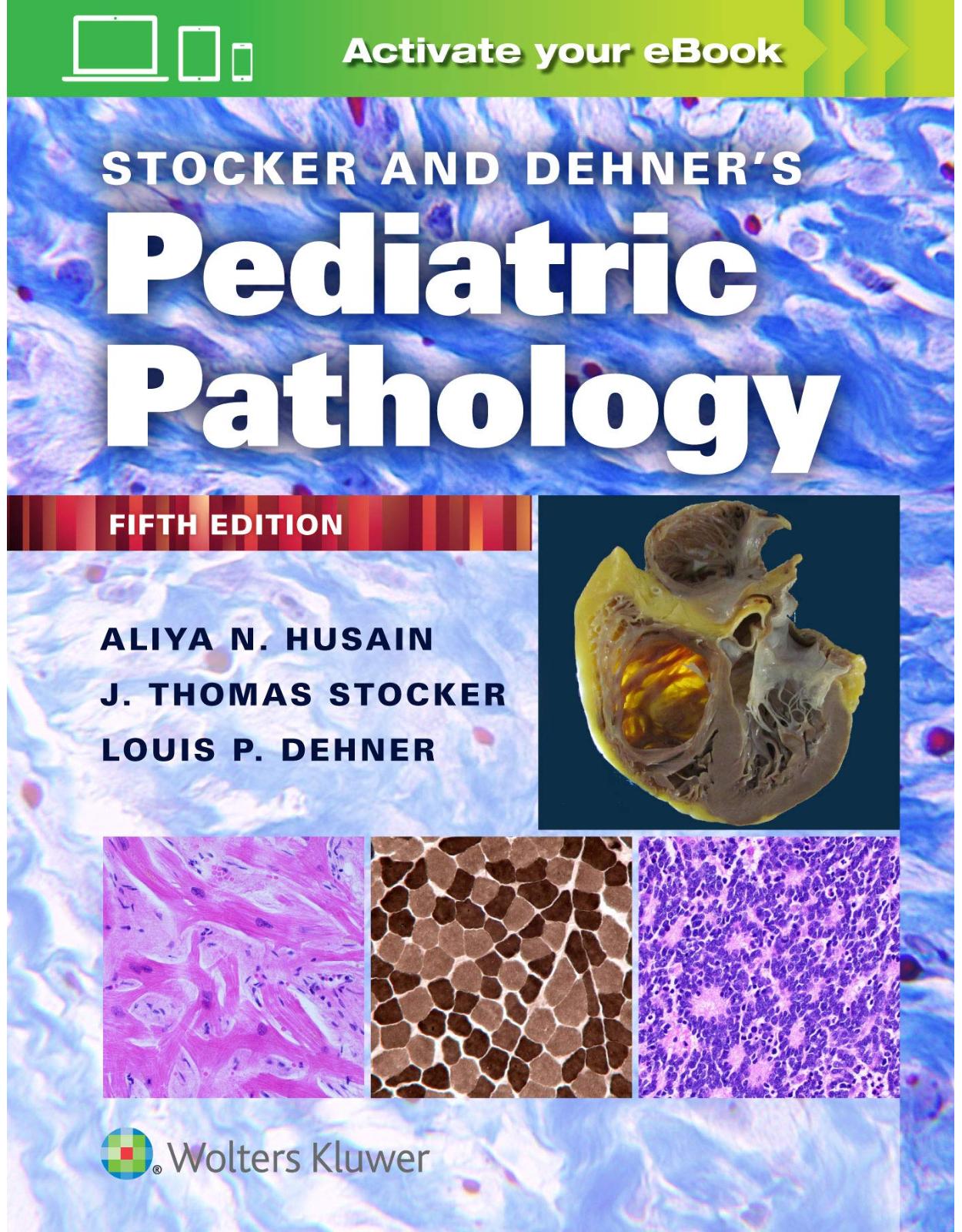
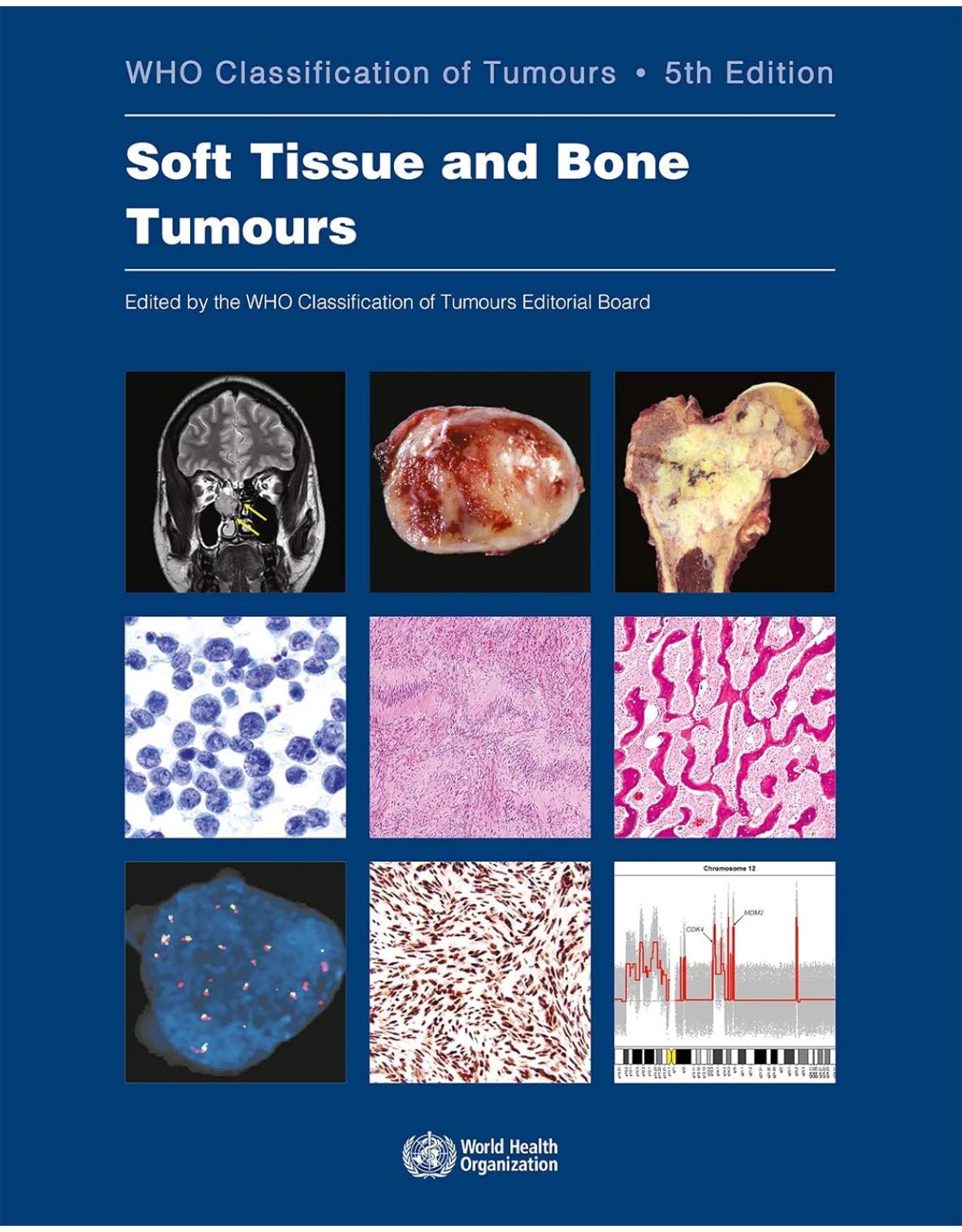
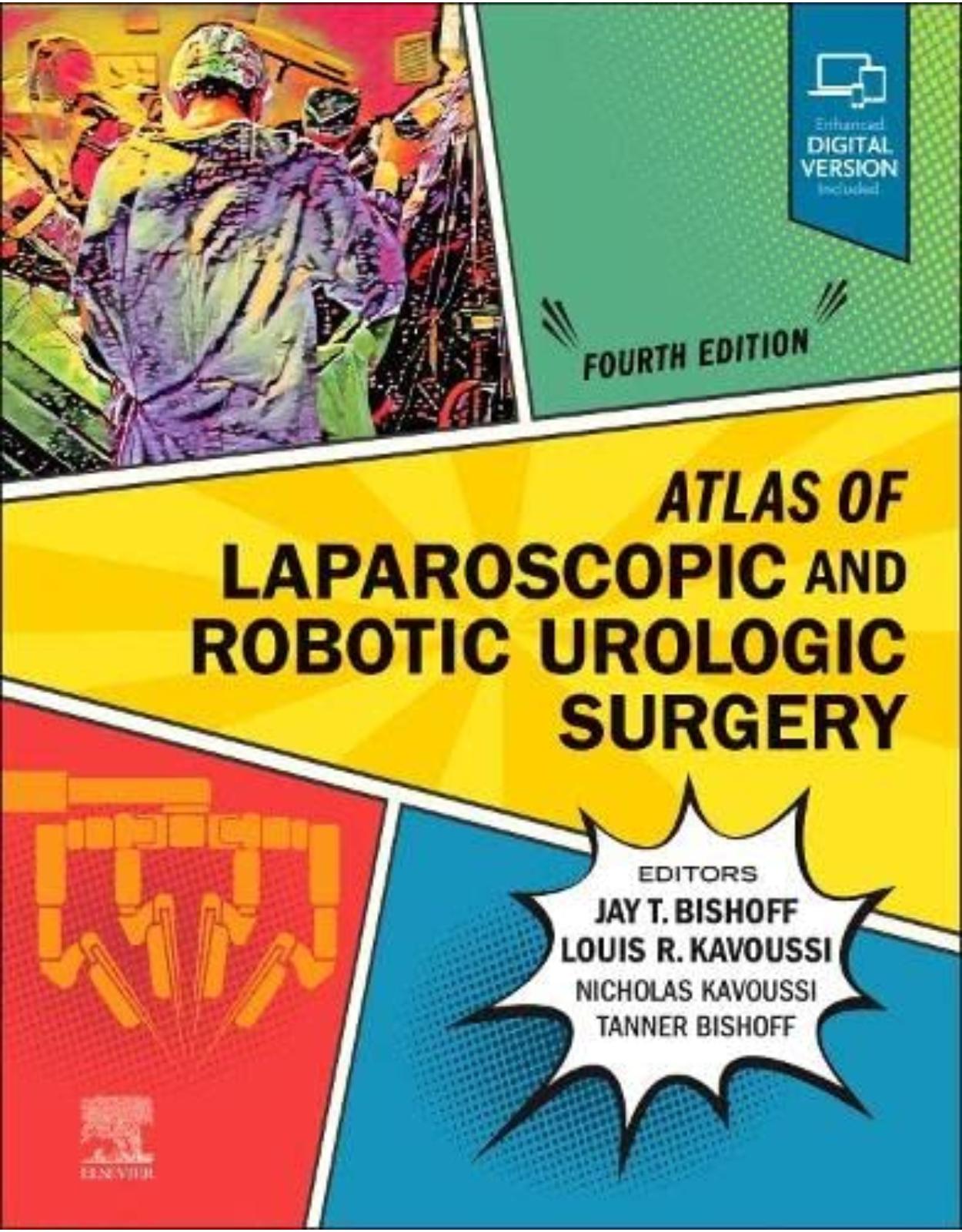
Clientii ebookshop.ro nu au adaugat inca opinii pentru acest produs. Fii primul care adauga o parere, folosind formularul de mai jos.